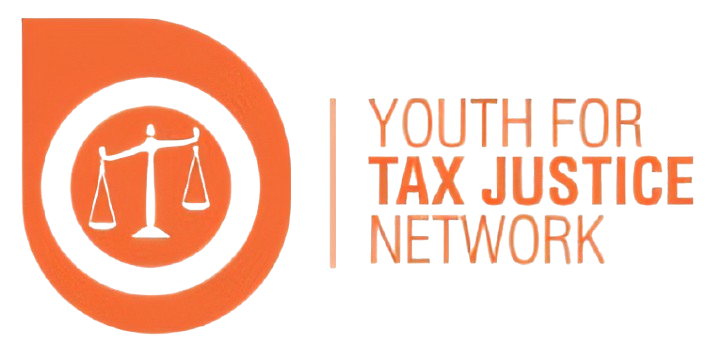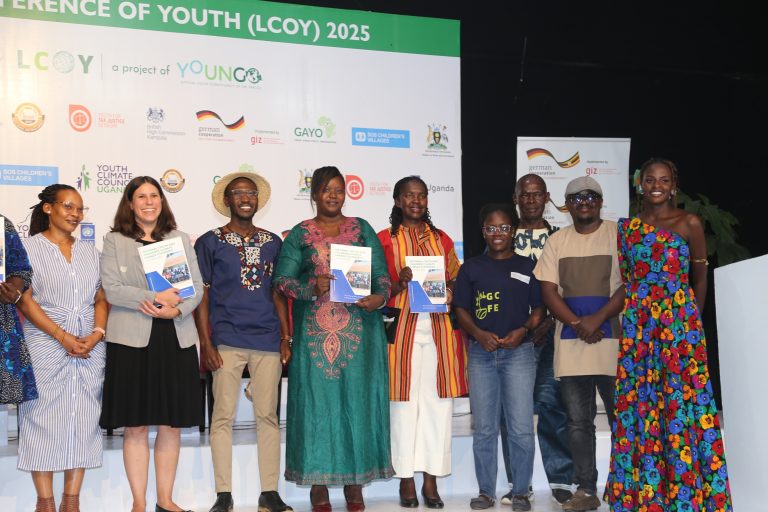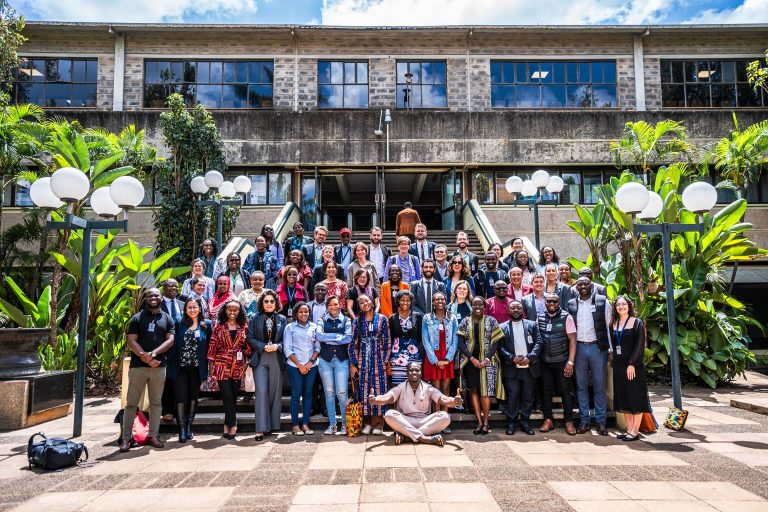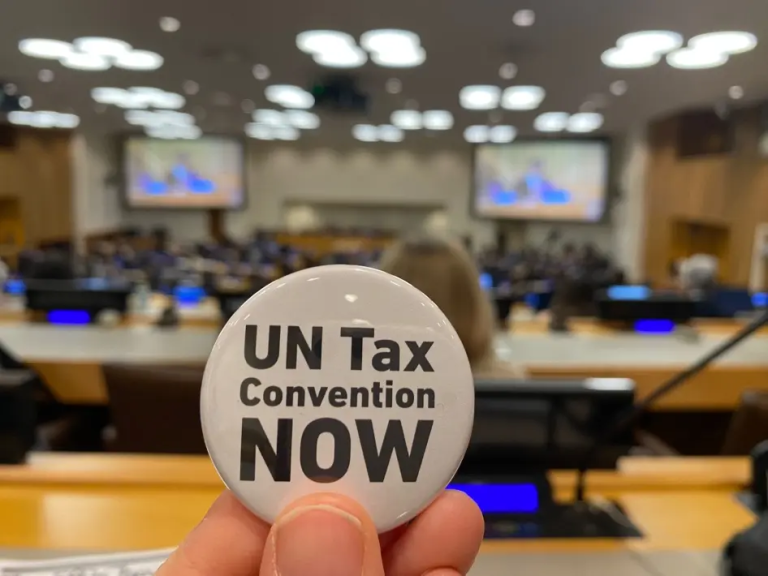Reflections from the National Accountability Forum – Nairobi, Kenya.
By Tonia Hilary
Kenya is at a crossroads, one where rising public debt, persistent systemic inefficiencies and inequalities threaten to undermine the very essence of our social protection systems.
At the heart of this challenge lies a familiar but pressing question: who is accountable when things fall apart?
That’s the question we gathered to tackle at the National Accountability Forum, hosted by the Kenya Human Rights Commission in partnership with the center for fiscal affairs. The event brought together civil society organizations, oversight institutions, members of parliament, and citizens under one roof all with one purpose: to demand answers, call out systemic failure, and to chart a way forward rooted in justice and transparency.
Devolution:
As highlighted by the KHRC, reforms have been made that “seem to support full devolution of functions from national to county governments”, including efforts like the IGTRC’s work on function delineation and state corporation reforms. Yet, these efforts fall short when funding doesn’t follow. Counties are often left carrying out devolved functions without adequate financial support violating the very principle enshrined in Kenyan law that “funds follow functions.” Without this, service delivery, particularly in critical areas like healthcare and social protection, remains compromised.
The Double Blow to Social Protection
A key discussion point was the looming public debt crisis, driven more by domestic borrowing than external sources. This inward borrowing approach has the unintended effect of shrinking fiscal space and crowding out essential public services. For sectors like social protection, this means fewer resources for the most vulnerable. We also examined wastage and project mismanagement, especially at the county level. A troubling trend is the prioritization of new projects over completing existing ones leading to abandoned infrastructure and disillusioned communities. In one session, someone aptly put it: “We believe development is just milk and water, nothing else” a very powerful reflection of the symbolic, surface-level approaches by the Kenyan government often mistaken for meaningful progress.
Accountability Without Teeth?
Institutions such as the Office of the Auditor General and the Controller of Budget consistently produce high-quality reports. However, as many participants noted, these bodies lack the teeth to bite. Their findings rarely translate into action because enforcement is left to institutions like the EACC or Parliament where, unfortunately, oversight remains weak. Resolutions are passed, yes, but rarely implemented.
This disconnect was a clear call to civil society: to not only engage but to follow through, to monitor, and to pressure the system into accountability. As one speaker emphasized, “We need to complement existing institutions which are doing their jobs like the auditor general’s office and ensure that action is taken; not just reports tabled.”
This forum was more than just a meeting, it was a moment. A reminder that civic engagement isn’t just about being present; it’s about being heard, and ensuring that what is said in the room leads to real actual outcomes on the ground. As someone actively engaging in the discussions, I was reminded that we are not just participants but we are accountability partners. The future we envision requires more than pointing out what’s broken. It requires bold reforms, follow-through, and partnerships that last beyond forums like these.
So, here’s my parting thought: Let’s not wait for change to be handed to us, we must demand it, build it, and protect it.






